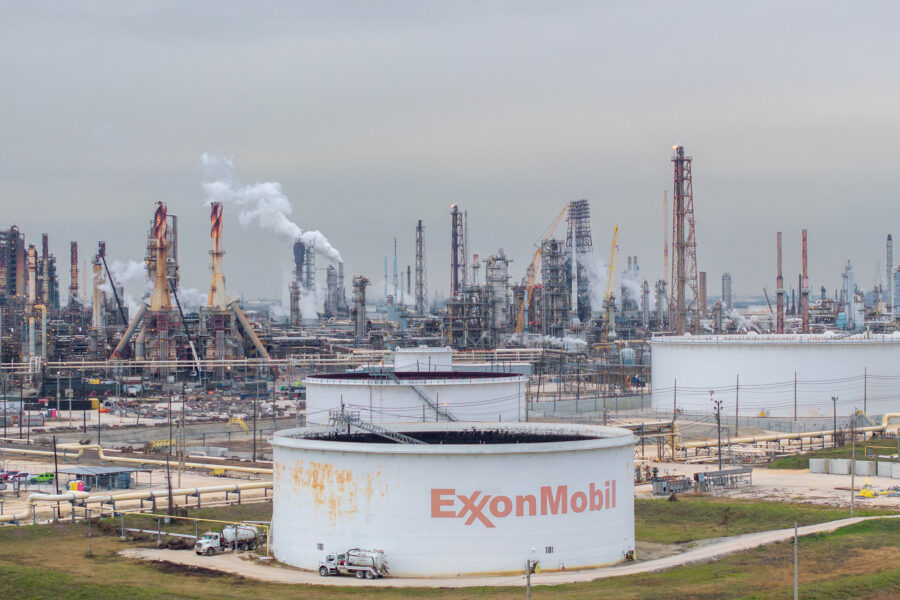About 70 percent of Bakken crude is shipped by rail to refineries in other regions of the country, passing through the heart of urban centers and environmentally sensitive wetlands. Three of those oil trains have exploded in the past year raising questions about the volatility of the Bakken crude and the safety of shipping it by rail.
After eight months of searching, regulators and industry still have not come up with an answer. Some oil and gas experts suspect producers might be failing to properly separate flammable “wet” gases like propane from the crude before shipping it. They cite three possible reasons: a shortage of gas-processing plants in the area; added profitability for producers if they “fluff up” their crude shipments with natural gas liquids, which are worth less per-barrel than crude; and/or carelessness.
MORE: Too Much Propane Could Be a Factor in Exploding Oil Trains

About This Story
Perhaps you noticed: This story, like all the news we publish, is free to read. That’s because Inside Climate News is a 501c3 nonprofit organization. We do not charge a subscription fee, lock our news behind a paywall, or clutter our website with ads. We make our news on climate and the environment freely available to you and anyone who wants it.
That’s not all. We also share our news for free with scores of other media organizations around the country. Many of them can’t afford to do environmental journalism of their own. We’ve built bureaus from coast to coast to report local stories, collaborate with local newsrooms and co-publish articles so that this vital work is shared as widely as possible.
Two of us launched ICN in 2007. Six years later we earned a Pulitzer Prize for National Reporting, and now we run the oldest and largest dedicated climate newsroom in the nation. We tell the story in all its complexity. We hold polluters accountable. We expose environmental injustice. We debunk misinformation. We scrutinize solutions and inspire action.
Donations from readers like you fund every aspect of what we do. If you don’t already, will you support our ongoing work, our reporting on the biggest crisis facing our planet, and help us reach even more readers in more places?
Please take a moment to make a tax-deductible donation. Every one of them makes a difference.
Thank you,









